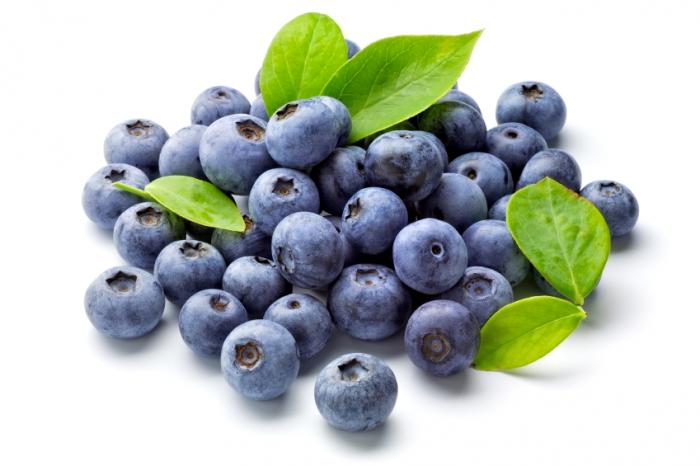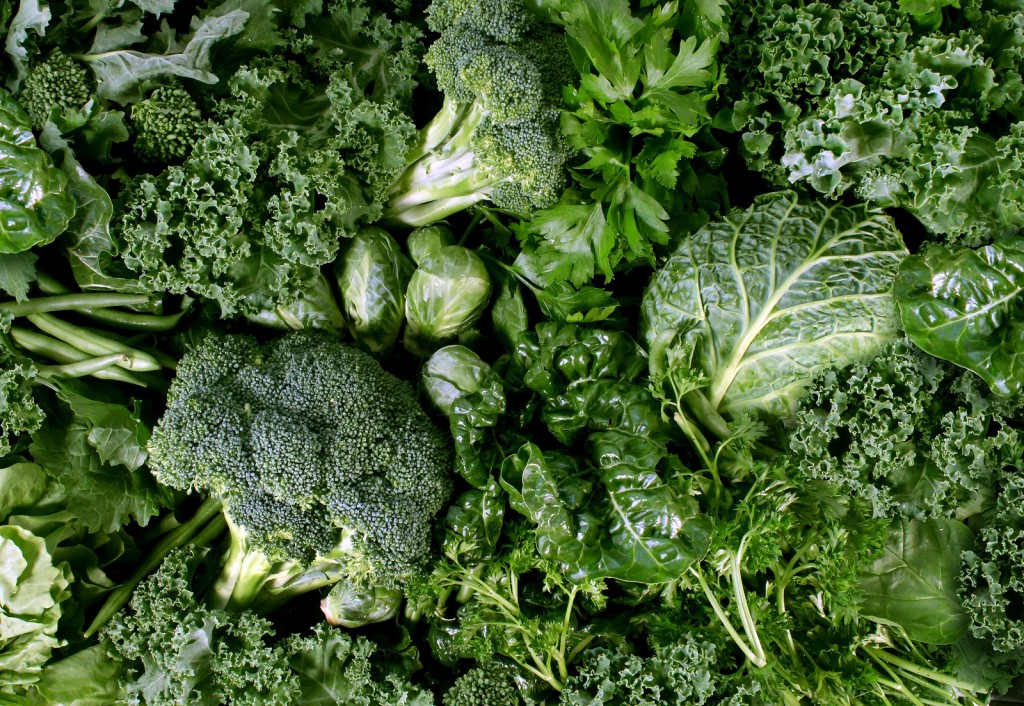
Do you have trouble recalling phone and pin numbers, or where you left your glasses? Maybe it’s what you’re eating, or what you’re not eating. Below, I have listed some of the best memory boosting foods and nutrients. It’s not a complete list by any means, but it’s a good start. All of the foods I selected are easily found at the average American grocery store and farmer’s market, and they are usually reasonably priced. Most of these foods are staples of a typical, well-balanced vegan diet. All of these foods are beneficial for the mind and the body, and they taste good too, which is always a plus.
Memory Boosting Foods and Nutrients
- Blueberries
- Low-glycemic whole grains
- barley
- buckwheat
- bulgur (cracked whole-wheat kernels)
- oats
- quinoa
- rye
- wild rice
- Zinc-rich foods
- wheat germ, toasted and untoasted
- spinach
- pumpkin and squash seeds
- nuts – cashews, pine nuts, almonds, pecans, walnuts
- cocoa and chocolate
- beans – garbanzo (chickpeas), adzuki, kidney
- mushrooms – morel, shiitake, portabella, white, brown, oyster
- Vitamin K-rich foods
- leafy greens – kale, spinach, mustard greens, beet greens, collards, turnip greens, Swiss chard, broccoli raab
- scallions
- endive
- radicchio
- Brussels sprouts
- cabbage
- broccoli
- prunes
- cucumbers
- dried basil
- Vitamin E-rich foods
- nuts – almonds, hazelnuts, pine nuts
- raw seeds – sunflower, pumpkin, sesame
- most plant seed oils
- leafy greens – mustard greens, spinach, Swiss chard, turnip greens, kale
- parsley
- broccoli
- papaya
- olives
- Alpha Lipoic Acid-Rich Foods
- spinach
- broccoli
- tomatoes
- green peas
- Brussels sprouts
- rice bran (brown rice)
Blueberries are held in such high regard for brain health, doctor Steven Pratt, MD, calls them “brainberries”. Blueberries are full of antioxidants and antioxidants help to protect the brain from oxidative stress, thus reducing the effects of age-related conditions such as Alzheimer’s disease or dementia. Studies have demonstrated that eating plenty of blueberries can significantly improve both learning capacity and motor skills.
Whole grains with a low glycemic index promote good cardiovascular health, which equals good blood flow. The brain is especially sensitive to blood flow. The better your blood flow, the better your brain function. In fact, studies have shown that people whose hearts pump blood inefficiently may lose brain volume faster, putting them at risk for dementia.
Zinc is vital for enhancing memory and thinking skills. In the brain, this mineral antioxidant is also crucial for smell, taste, vision and blood clotting. The exact amount of zinc you may need differs, based on age and overall health. To find out what your daily minimum should be, check out the chart in the article ‘How Zinc Can Prevent and Reverse Hair Loss’.
Vitamin K has long been known to enhance cognitive function and improve brainpower. Researchers have discovered that Vitamin K plays an important role in maintaining the white matter region of the brain. A 2008 study demonstrated that having adequate vitamin K over the course of a lifetime is important for cognitive function in old age. That being said, I feel it’s important to note that the pharmaceutical drug Coumadin (Warfarin) blocks vitamin K function in the Human body.
“Warfarin prevents the recycling of vitamin K by blocking VKOR activity, thus creating a functional vitamin K deficiency.”1
Vitamin E greatly improves brain function, due to its powerful antioxidant actions. All of the body’s tissues contain lipids (fats and other fatty compounds), but our brain is especially rich in these vital substances. And lipids are highly susceptible to oxidative damage from free radicals. Couple that with the fact that the brain consumes a disproportionate amount of the body’s oxygen supply and you’ve got a recipe for oxidative damage of the brain. Fortunately, vitamin E is able to protect these fats and other tissues, inside and outside the brain, from the destructive effects of free radicals.
Alpha Lipoic Acid-Rich (ALA) is a powerful fat- and water-soluble antioxidant, that easily crosses the blood-brain barrier. So, ALA is very useful in cases of injury that can result in brain damage. Animal studies have demonstrated its ability to offset the damage caused by arsenic poisoning, and it’s currently being studied as a treatment and preventative for acute ischemic stroke.But ALA’s value goes beyond protecting the brain from oxidative damage.
“Evidence indicates that alpha-lipoic acid – an important antioxidant – can help rekindle and reactivate other antioxidants like glutathione (which helps rid the body of harmful substances) and vitamin C.”2
ALA is the one nutrient that I would definitely recommend supplementing. Why? Because it’s virtually impossible, no matter how much you eat, to consume enough from foods to treat and/or prevent stroke. For general health improvement 20 to 40 mg of ALA per day is fine. For antioxidant purposes, you will need 50 to 100 mg. But, according to the University of Maryland Medical Center, to protect against neuropathy (peripheral nerve damage) you will need a daily dosage of 600 mg of ALA.
Multi-Tasking Brain Foods
As you have probably noticed, some of the foods I listed above are on more than one nutrient list. In a pinch, those are the foods you can count on to meet your memory boosting needs. Foods like broccoli – which is on three of the lists – are relatively inexpensive, and can be grown in your own backyard (provided you have one). Spinach, kale, nuts and seeds are also good purchases, for those who have to work within a tight budget. They all contain more than one of the memory boosting nutrients your brain needs.
If you want to learn how to save money on produce and other whole foods, read my December 2016 article ‘Eating Vegan on a Budget’. You don’t have to be a vegan to find the information relevant and useful. If you have any questions or comments about this topic, post it below.
References
1 Higdon, Jane, PhD. “Vitamin K”. Linus Pauling Institute / Oregon State University, July 2014. Web. February 2017
2 “Alpha Lipoic Acid – the Antioxidant Your Brain Loves.” Institute for Vibrant Living, n.d. Web. February 2017
Pratt, Steven G, MD. “Superfoods Rx: Fourteen Foods Proven to Change Your Life”. Harper, December 26, 2006. Print
“10 Healthy Foods That Fuel Your Brain”. Emory Healthy Aging Study/ Emory University, March 4, 2016. Web. February 2017
Ushakova, Maria. “7 Healthy Low Glycemic Whole Grains You Should Try”. Maria Ushakova, June 18, 2013. Web. February 2017
Moretti R, Torre P, Antonello RM, et al. “Risk factors for vascular dementia: Hypotension as a key point”. Vascular Health and Risk Management, April 2008. Web. February 2017
“Top 10 Foods Highest in Zinc”. HealthAliciousNess, n.d. Web. February 2017
Axe, Josh, MD. “Top 10 Vitamin K Rich Foods”. Dr. Axe, n.d. Web. February 2017
Guylaine Ferland, Isabelle Carrié, et al. “Lifetime consumption of a low vitamin K diet leads to learning impairment in aged rats: potential links with sphingolipid metabolism”. FASEB Journal, March 2008. Web. February 2017
“Top 10 List of Foods High In Alpha Lipoic Acid (ALA)”. Superfoodly, May 12, 2016. Web. February 2017
Ehrlich, Steven D. “Alpha-lipoic Acid”. University of Maryland Medical Center, June 26, 2014. Web. February 2017

